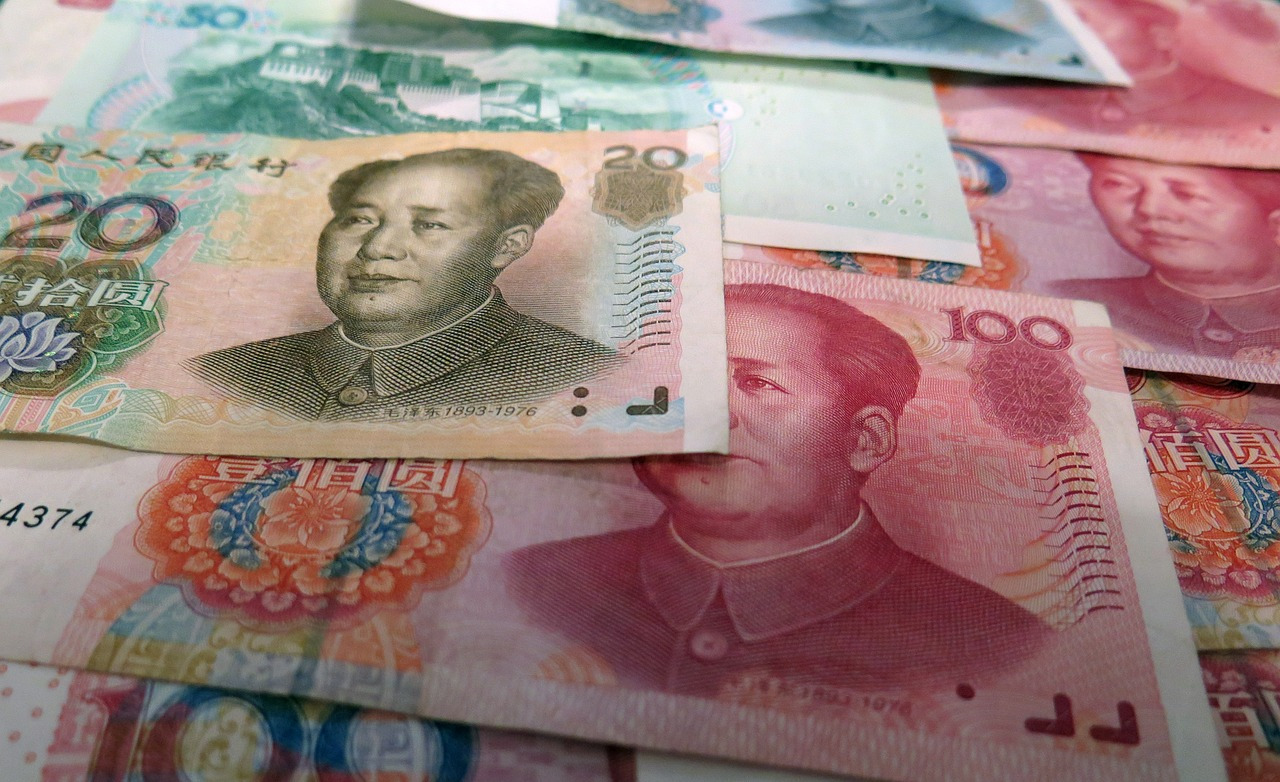How the Yuan Could Become a Global Currency

The yuan, also known as the renminbi, is the currency of China. While the yuan is currently not a global currency like the US dollar or the euro, there are several ways in which it could become one:
- China’s economic growth: China is currently the world’s second-largest economy and has been growing
rapidly for the past few decades. If this trend continues, more countries may be willing to use the yuan as a global currency as they seek to do business with China. - Internationalization of the yuan: China has been working to make the yuan more accessible and widely used outside of China. For example, it has established offshore yuan clearing centers and currency swap
agreements with other countries. This makes it easier for other countries to use the yuan in international
transactions. - Political support: China has been seeking more political support for the yuan to become a global currency.
For example, it has been pushing for the inclusion of the yuan in the International Monetary Fund's basket of currencies known as Special Drawing Rights (SDR). In 2016, the yuan was added to the SDR basket, which was seen as a significant step towards internationalization. - Confidence in the yuan: To become a global currency, the yuan needs to be seen as a stable and reliable
currency. This requires China to maintain economic and political stability, as well as financial reforms to
improve the transparency and accountability of its financial system.
What would happen to the commercial roofing industry in the United States if the yuan became the international trade currency?
How would this affect US commercial building owners and commercial property management corporations?
If the yuan were to become the international trade currency, it could potentially have several effects on the commercial roofing industry in the United States, as well as on commercial building owners and property management corporations:
Exchange rate risk: If the yuan were to become the international trade currency, American companies would need
to exchange their dollars for yuan when conducting business with other countries. This could expose them to
exchange rate risk if the value of the yuan were to fluctuate significantly, potentially leading to higher costs for
importing raw materials or exporting finished products.
Increased competition: If more countries begin using the yuan for international trade, it could lead to increased
competition from Chinese manufacturers, who may be able to offer lower prices due to the strength of their
currency.
Opportunities for growth: On the other hand, if the yuan were to become the international trade currency, it could also create new opportunities for American commercial roofing companies to expand their businesses in China and other countries that use the yuan.
Impact on commercial building owners and property management corporations: If the cost of commercial roofing materials were to increase due to exchange rate fluctuations or increased competition from Chinese manufacturers, it could potentially lead to higher costs for commercial building owners and property management corporations. This could impact their profitability and ability to make necessary repairs and upgrades to their buildings.



